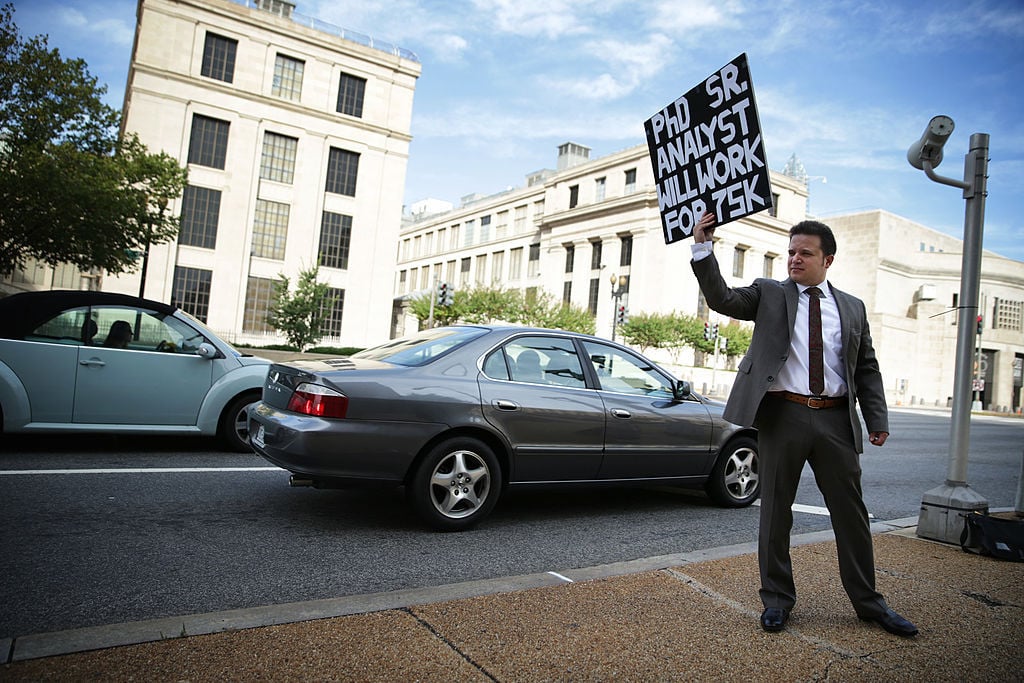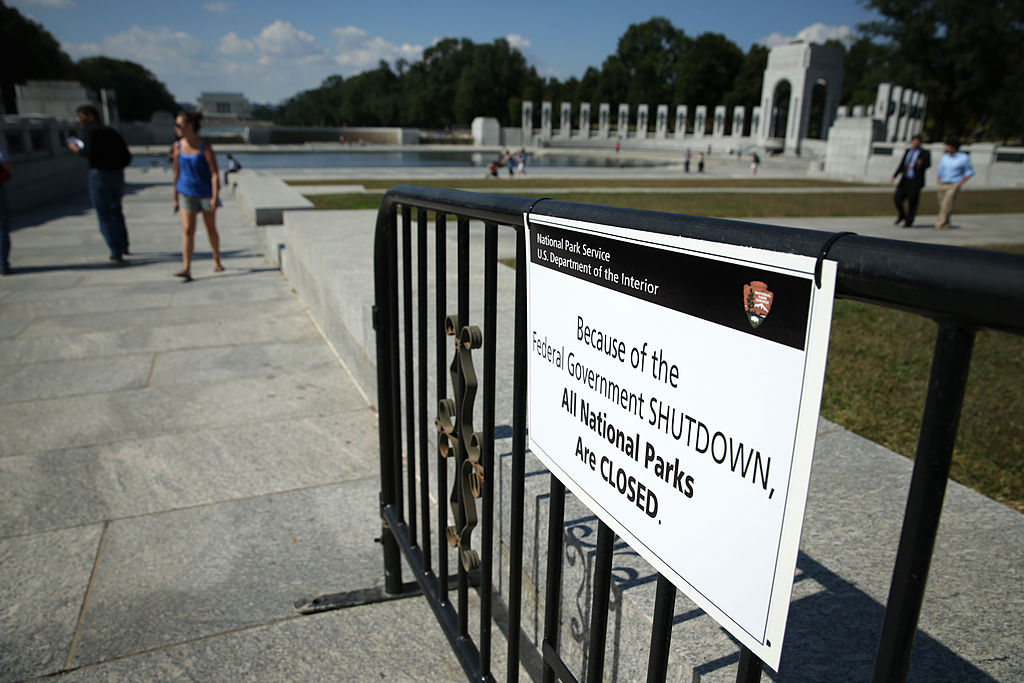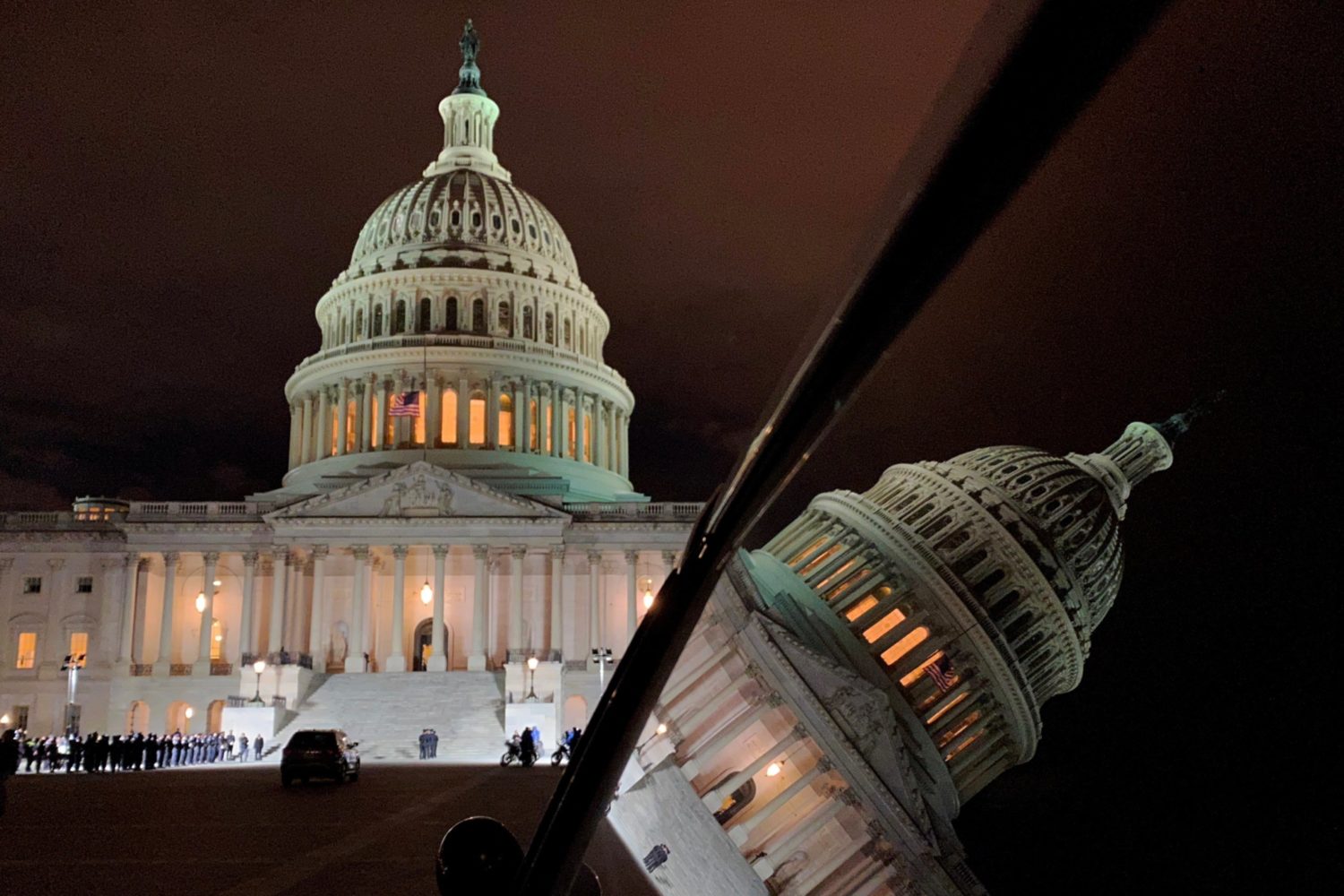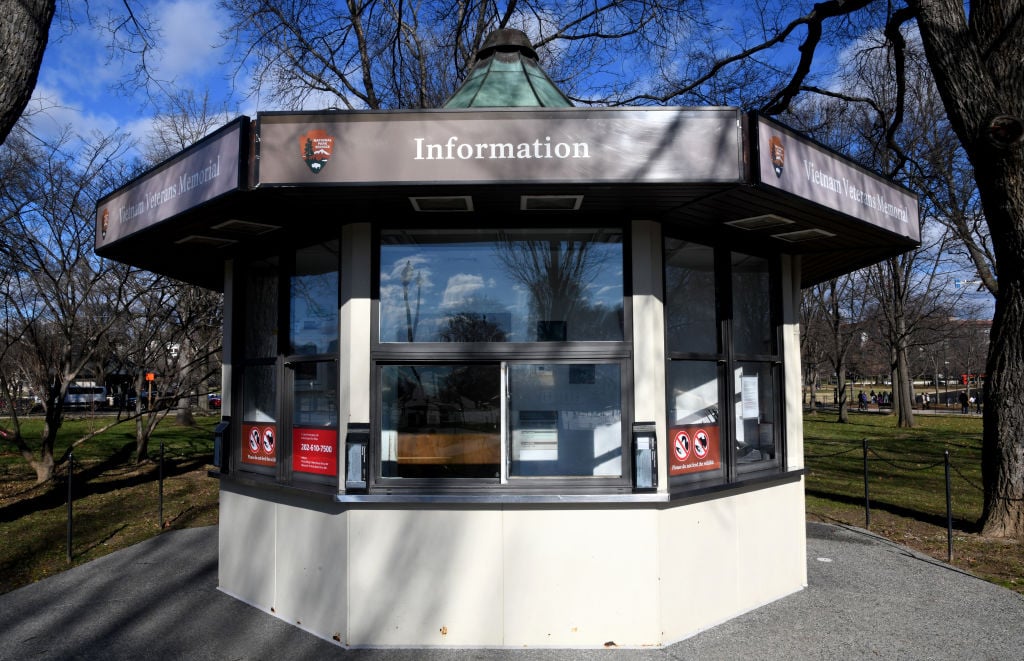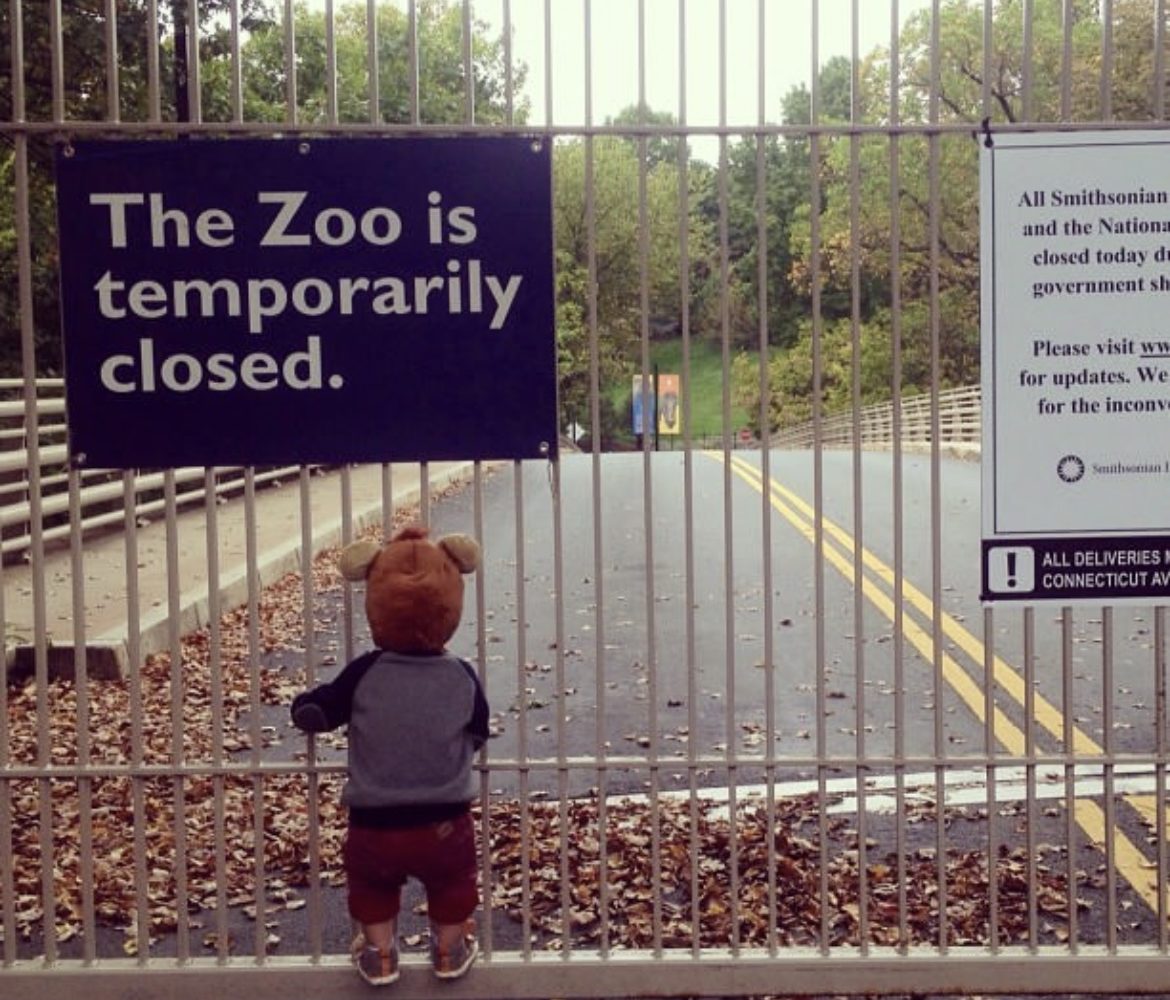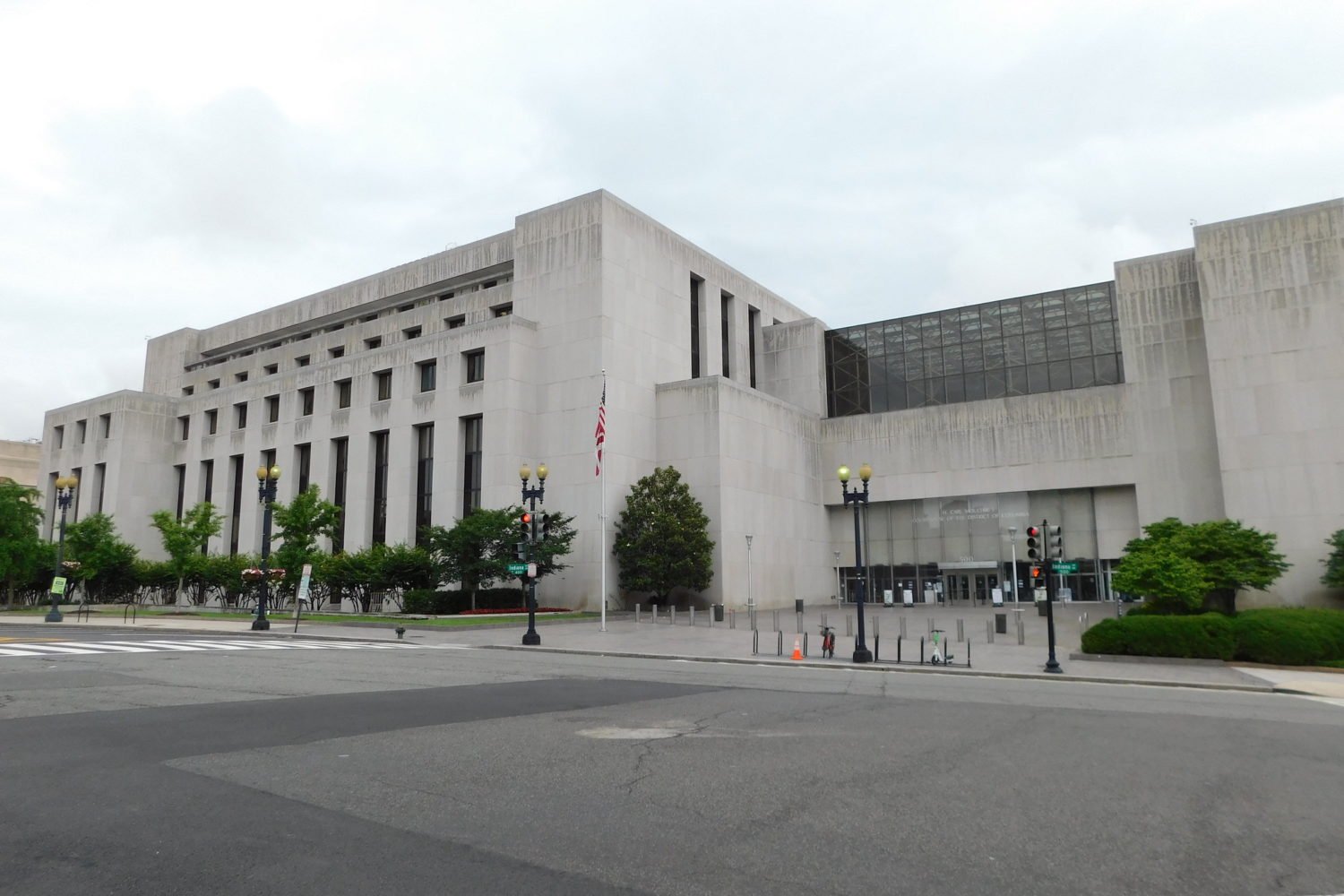The federal government runs out of money at midnight on September 30, and Republicans in the House have boxed themselves into a situation so ridiculous that yet another shutdown seems unavoidable. No other country regularly faces a shutdown of its entire government. But this is the government we’ve got. Here’s what you need to know about the next shutdown, which is unlikely to be the last.
Wait, we’re really doing this again?
LOL seems like it! The last government shutdown lasted from December 22, 2018, to January 25, 2019, and accomplished exactly nothing. But it did a ton of damage to the local economy, zillions of people had to apply for unemployment benefits (and later pay them back), and José Andrés had to set up an emergency kitchen downtown for affected workers. So obviously we’re going to do it again.
What will happen to, you know, the government?
Guidance for each agency varies during each shutdown, but you can count on many of Uncle Sam’s functions to screech to a halt when funding runs out. The mail will likely get delivered, the Marines will likely be able to go look for stuff they lost, and public servants like Deputy US Marshal Raylan Givens will likely be out there messing up criminals. But work on passport applications will probably stop, food-processing plants could go uninspected, and disaster relief might be affected, too.
What about national parks?
The 2013 shutdown (the one that ended the Affordable Care Act—oh wait, it accomplished diddly squat, too!) blew up in Republicans’ faces in part because it turns out Americans like going to national parks, museums, and Smithsonian’s National Zoo. Perhaps that’s why former President Trump attempted to keep some national parks open during his pointless 2019 shutdown, but, alas, it turns out that move was illegal, and the current administration is a bunch of boring rule-followers. Asked what will happen with the National Mall etc. should the government shut down this time, a National Park Service spokesperson tells Washingtonian the agency “doesn’t have anything to offer at this time.” Whatever happens, DC residents—who have no say in what Congress does—will likely still retain the satisfaction of knowing their taxes will be used to clean up federal parks, and who knows how long it will take for the city to get reimbursed.
Hmm, I’m a fed. Am I going to be out of work?
Depends on whether you’ve been deemed essential. But if you’re asking this question, there’s an excellent chance you’ll soon have time to work on your shutdown beard or to clean out your storage space and figure out what you could sell. Perhaps some nice neighbors will club together and buy you a beer or one of the inevitable shutdown-themed cocktails. Just don’t expect all the bathrooms to be in order when you return to work.
I’m a contractor. Will I get paid?
That depends on who you work for. Feds will get back pay after a shutdown ends but low-wage contractors generally get left out in the cold. Take a look at these messages US Representative Don Beyer, who represents a district in Northern Virginia, received during the last shutdown. “Do I borrow more money or do I layoff my hardworking employees,” one contract-firm owner asked. Another person wrote that if they pulled their son out of daycare, they’d lose his spot, so they had to find a way to pay more than $1,500 a month. “My ability to provide for my children stops the moment the government goes into shutdown,” another said.
What about staff on the Hill?
Depends on whether their boss designates them “essential.”
But the members of Congress who caused this stupidity won’t get paid either, right?
Oh hahaha, no, they get paid anyway.

